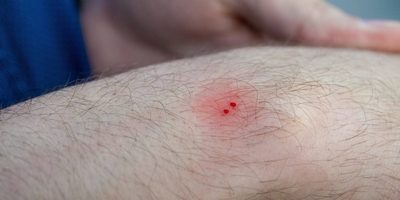
Snakebite, a neglected tropical disease needs high quality research to improve its management
New Delhi, Dec 3, 2020—Snakebite is a neglected tropical disease that leads to more than 120,000 deaths every year worldwide, a majority of them in India. An overview of systematic reviews published in the journal PloS Neglected Tropical Disease found lack of evidence on managing snakebite.
The study lead by researchers from The George Institute for Global Health, India calls for researchers and funders to focussing on conducting high quality research, including systematic reviews and randomised controlled trials such that better care can be offered to snakebite victims. Clinical practice guidelines rely heavily on evidence gleaned from well conducted systematic reviews (SRs) that comprehensively evaluate the existing research evidence.
“Decisions around interventions to manage and cure snakebite can be informed by evidence from systematic reviews. More research to collect high quality data will go a long way to improve interventions and reduce mortality,” says Soumyadeep Bhaumik, Research Fellow, The George Institute for Global Health, lead author of the overview .
Researchers from the Institute found only 13 completed systematic reviews that looked at various aspects of management of snakebite envenomation. However, evidence base was restricted to few studies for most interventions and high-quality evidence that can bring down the burden of snakebite was also lacking. An earlier study analysing the WHO guidelines also revealed a limited use of available evidence in formulating recommendations and heavy reliance on expert opinion.
In the light of the development of WHO strategy and the goal to reduce death and disability due to snakebite envenomation to half by 2030, this new study highlights that lack of high-quality systematic reviews prevents experts from formulating high quality evidence informed guidelines. It is a critical gap that needs attention from global health funders. High-quality SRs and other evidence synthesis can aid clinical and public health decision-making and guide future primary research too.
This study also highlighted the problem of defining and measuring outcomes for envenoming and how it adds to disease burden.
“Our overview indicates lack of consistency in defining and measuring outcomes for snakebite envenoming is a big gap in research and interventions. Standardisation on what and how outcomes are measured will enable comparison between different interventions, ensuring relevance for different stakeholders and patients, “ adds Soumyadeep.
Other recommendations of the study were that systematic reviews on snakebite should analyse snake-species specific data whenever reported and the need for funding high quality randomised controlled trials on existing clinical issues on first-aid, various snake anti-venoms, adverse drug reactions, and wound management for snakebite envenomation.










